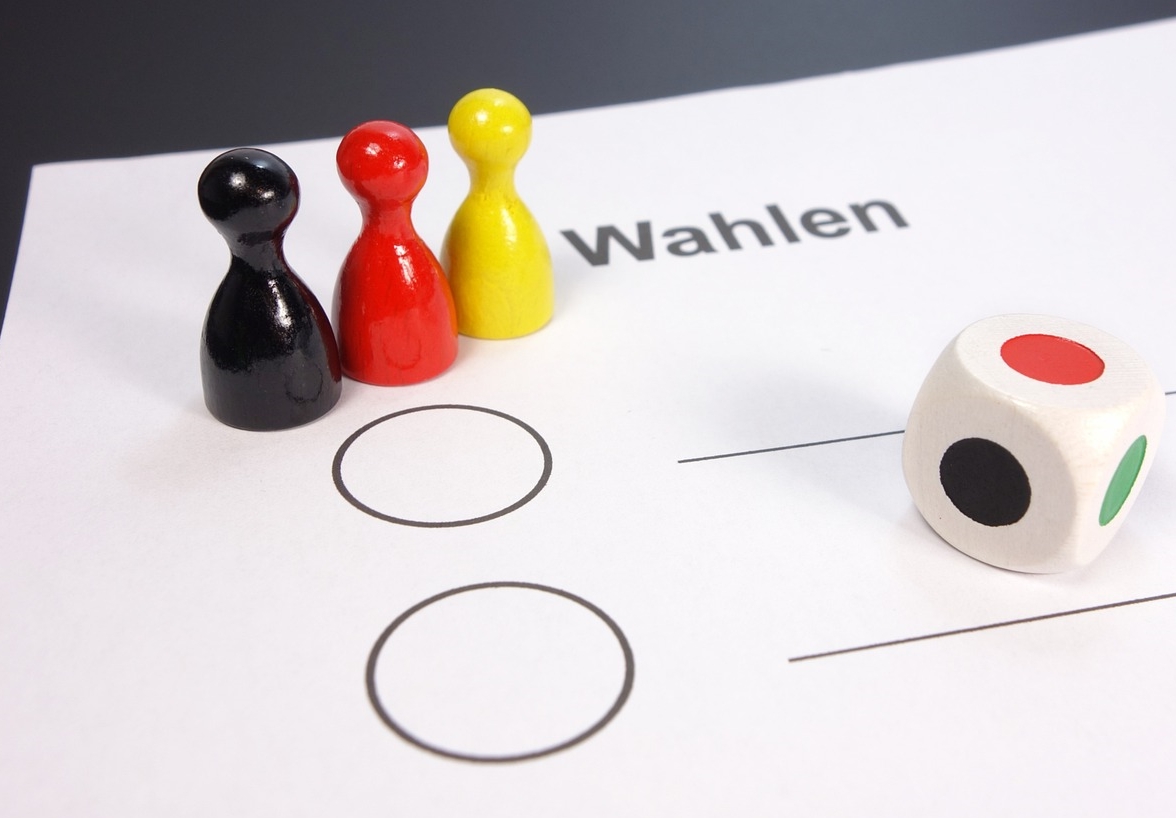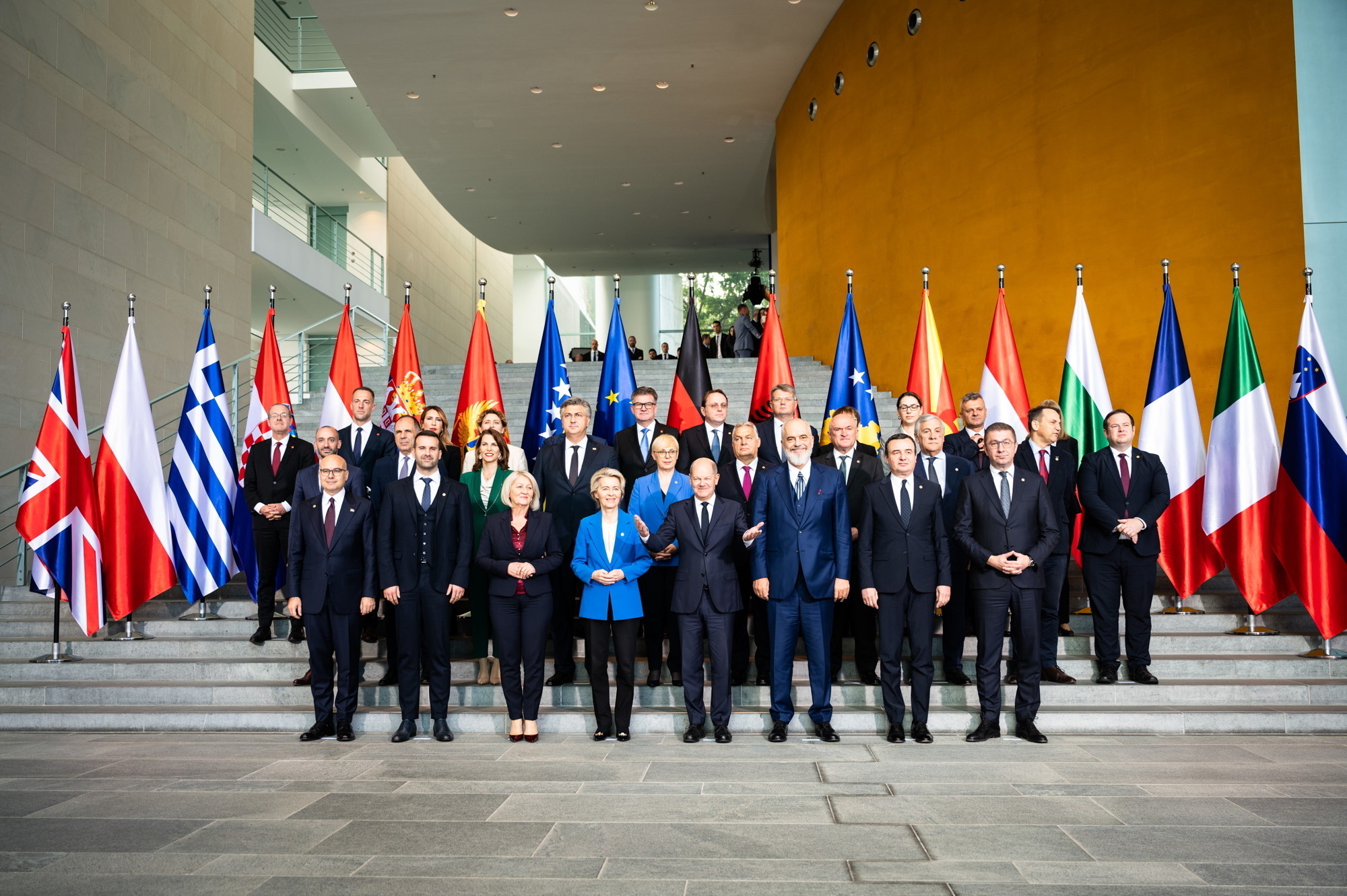
The election results are a reflection of dissatisfaction over Germany's immigration policies.Continue reading

On Sunday evening, Prime Minister Viktor Orbán traveled to the German capital, where on Monday he took part in the 10th Berlin Process Summit.
Yesterday, the Hungarian politician held talks with Serbian Prime Minister Miloš Vučević before the summit, and later with German Chancellor Olaf Scholz. Bertalan Havasi, Mr. Orbán’s press chief, said that during the talks with the Serbian Prime Minister, the two sides discussed the development of transport relations and Serbia’s EU integration.
Olaf Scholz and the Hungarian Prime Minister reviewed the main objectives of the Hungarian EU Presidency program, with a special focus on restoring European competitiveness.
Berlin Process Summit, meeting with @Bundeskanzler Olaf Scholz. Another item on @ManfredWeber’s list of nobodies pic.twitter.com/7ydqi1GaKM
— Orbán Viktor (@PM_ViktorOrban) October 14, 2024
Viktor Orbán captioned a photo of himself shaking hands with Olaf Scholz on X, writing: “Another item on Manfred Weber’s list of nobodies.” With this comment, he took a jab at the EPP president, referring to Manfred Weber’s statement last week that “nobody was talking to the Hungarians.”
The Berlin Process was launched by Germany in 2014, with the aim of strengthening cooperation between the countries of the Western Balkans region, also with a view to promoting EU enlargement. Its main objectives also include maintaining the momentum of the integration process and countering the growing Euroscepticism in the region. It is a main platform for high-level cooperation between senior officials from the Western Balkan Six (WB6), consisting of Albania, Bosnia and Herzegovina, Kosovo, Montenegro, Northern Macedonia, and Serbia, and representatives of the countries hosting the Berlin Process.
This year, Hungary has been invited to the summit again in view of its influence in the Western Balkans and the Hungarian Presidency of the Council of the EU.
Last year, Tirana, Albania hosted the event, at which then President Katalin Novák represented Hungary.
Bence Bauer, Director of the Hungarian-German Institute of the MCC, spoke to Index about Orbán’s visit to Berlin and the development of German-Hungarian relations. The expert pointed out that Hungarian-German relations are traditionally good, with economic cooperation and cultural relations being the key elements.
However, political relations are currently going through a very difficult period, if only due to the fact that a liberal government is in power in Germany,”
he said.
On the Berlin Process Summit, Bauer explained that Hungary was invited because of Hungary’s EU Presidency and because it is the country that has taken the strongest stance in favor of Balkan integration. This is the only point of agreement between Germany and Hungary on government-to-government relations, he stressed.
Via MTI, Index; Featured image: MTI/Bundesregierung/Sandra Steins